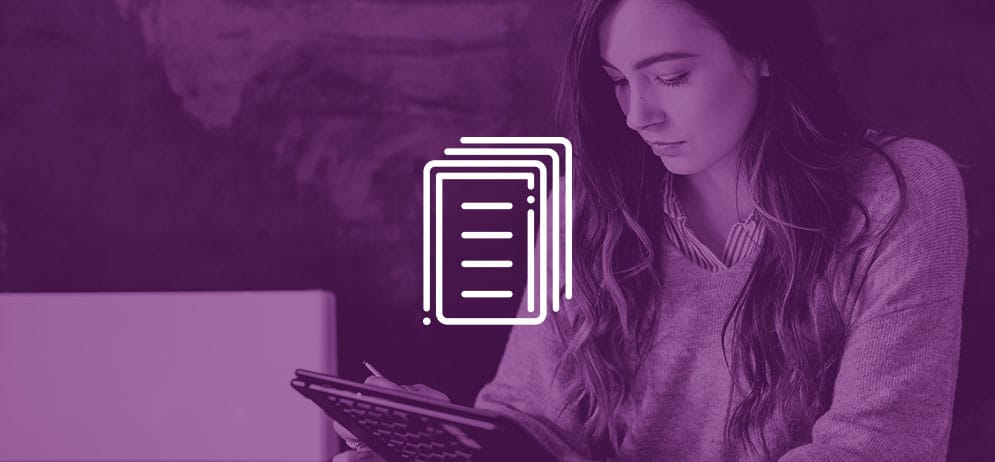Special education leaders are in a unique position to accomplish good for their students, given their specialized training, talents and well-earned knowledge. They also have the unique ability to improve students’ experiences in general education. The complex and ever-changing world of special education can seem unfamiliar to general educators. Special education leaders have the opportunity to shed light on some of the mystery for them. And the less mystery, the better outcomes for students.
So how can you help general educators navigate individualized education programs (IEPs), deliver accommodations from an IEP and generally support students in general education settings — without adding hours of work to your already packed day?
The following resources can easily be shared with general education colleagues to build or deepen knowledge of special education and the IEP process. Click on the links below to explore each resource.
Blog post: How Does the Student’s Disability Affect Involvement and Progress in the General Education Curriculum?
How can it help build general educators’ understanding of special education?
Former special education director and author Carol Kosnitsky breaks down the concept of present levels of academic achievement and functional performance (PLAAFP) and the importance of considering how a disability affects a child’s involvement and progress in the general education curriculum. This straightforward explanation is an excellent tool to help general educators learn more about the PLAAFP Statement section of an IEP and how a student’s progress and involvement in the general education setting contributes to ensuring a free and appropriate public education (FAPE) is provided.
Share the posteBook: IEP Goals — Core Concepts and Best Practices
How can it help build general educators’ understanding of special education?
This is a great, in-depth (and relatively short!) “getting to know you” eBook about IEPs and their function. The eBook lists and explains best practices and frequently asked questions about goals and objectives for IEPs. It also describes how annual IEP goals should be linked to state standards. Consider sending this eBook to a new general education teacher who may have a somewhat limited experience with IEPs.
Share the eBookQuiz: IEPs and State Standards
How can it help build general educators’ understanding of special education?
With this quiz, general educators can test their knowledge of how IEPs should align to state standards. It could be part of an informal on-boarding practice or be used as an IEP refresher before each school year.
Share the quizVideo: 5 Strategies to Improve the IEP Process with Parent Participation
How can it help build general educators’ understanding of special education?
As you know, the IEP process can be somewhat daunting for parents, especially those who haven’t been through it before. Though educators may be patient and have the best intentions, it can sometimes be difficult to answer on-the-spot questions from parents. Consider forwarding this blog post and video to a general educator who has come to you with questions about how to work with the parents of students in special education.
Share the videoKeep the learning alive!
Special education is complex. And changing regulations and expectations mean the complexity is always growing. However, with the right resources at your fingertips, your efforts to help general educators are bound to trickle down to the students you serve. And after all, that’s why you’re in this field together in the first place.
